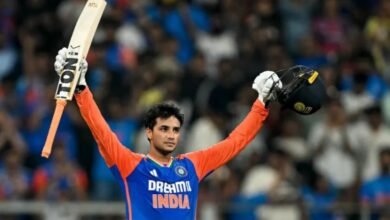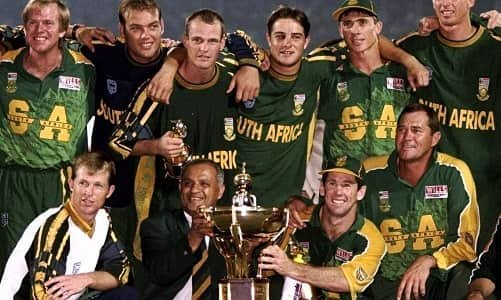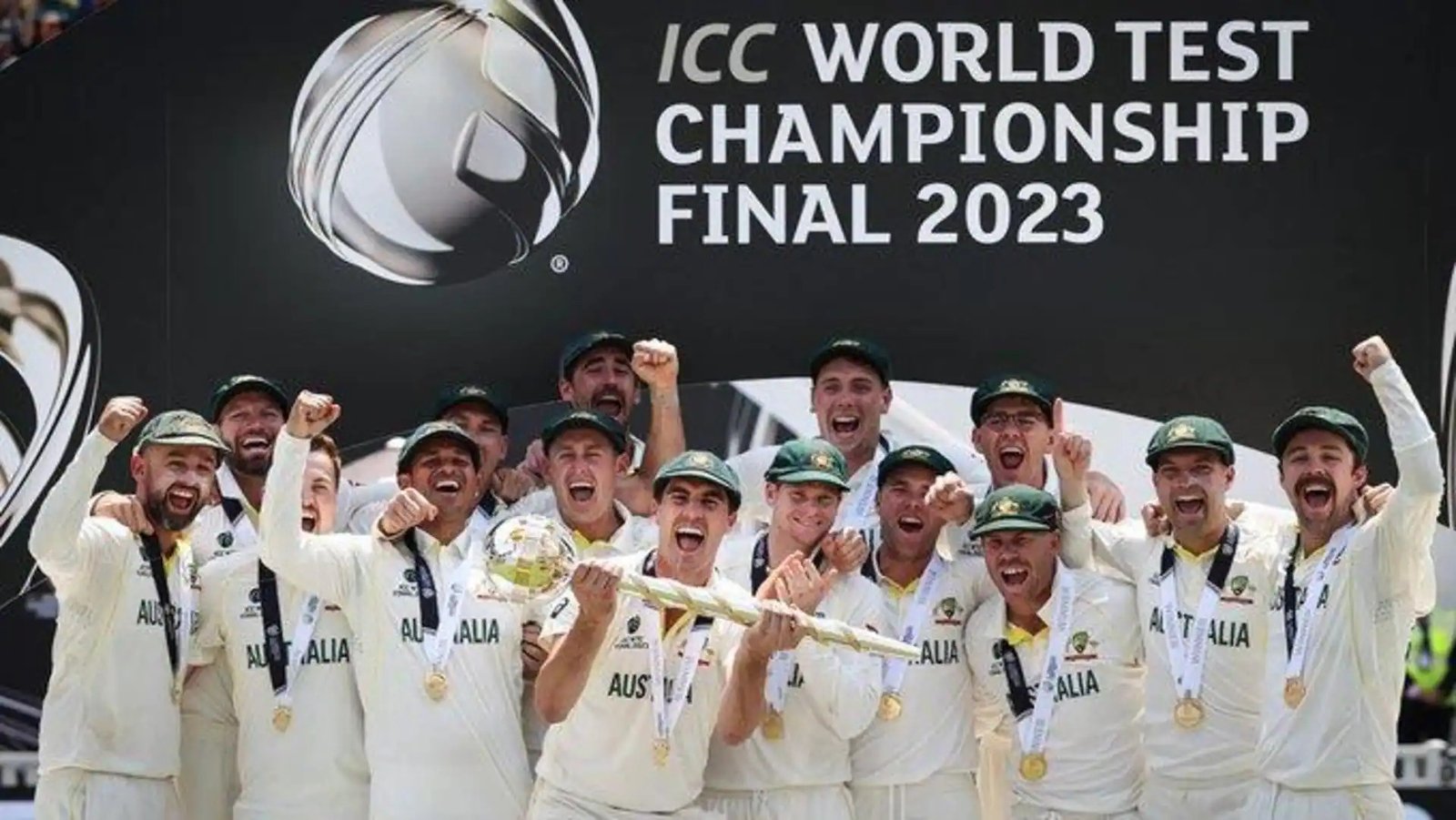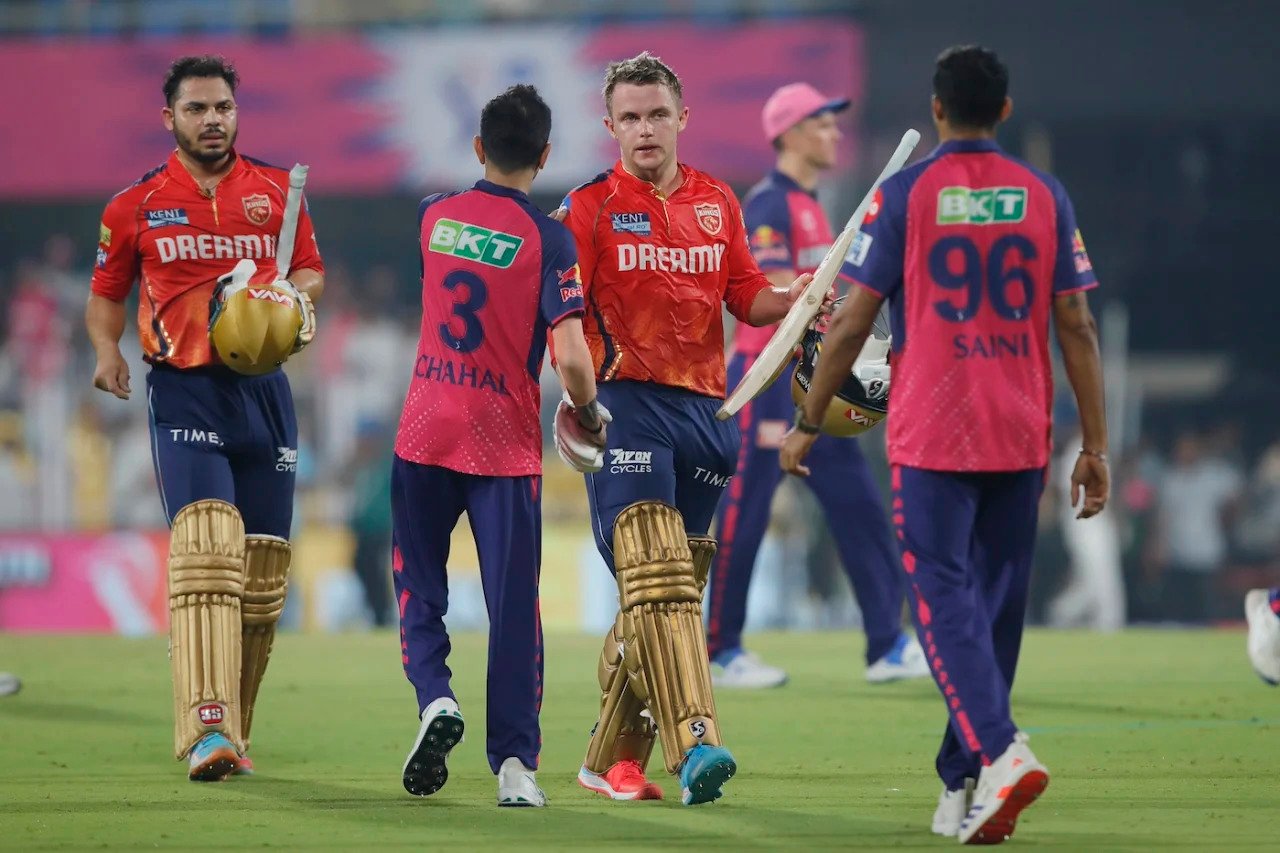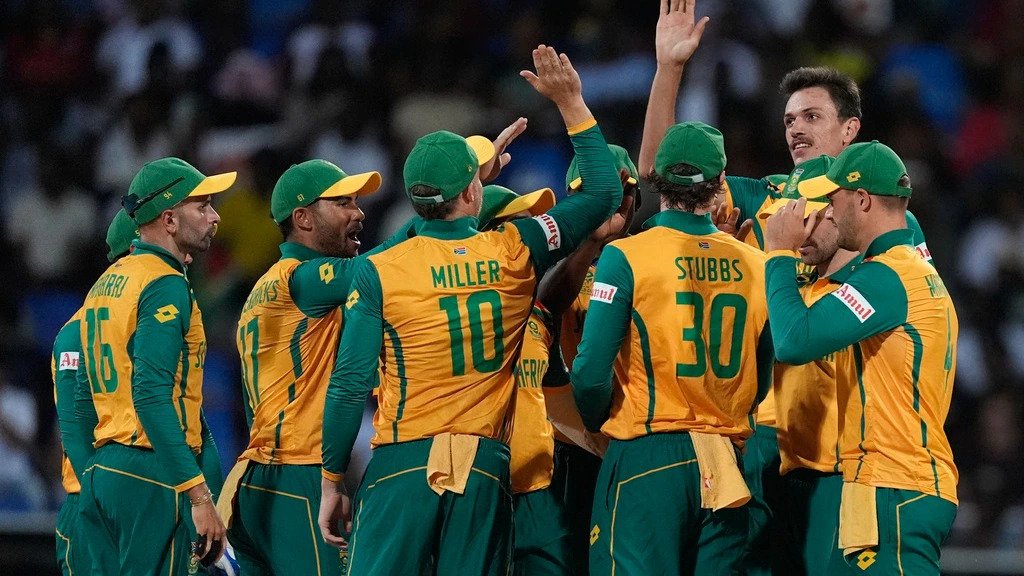The 2015 Cricket World Cup culminated in a historic showdown between New Zealand and Australia on 29 March 2015 at the Melbourne Cricket Ground (MCG), Australia.
Australia was favored going into the match and prevailed by seven wickets to win their fifth World Cup. A record 93,013 people watched the game, setting a new record for Australian cricket match attendance on a day.
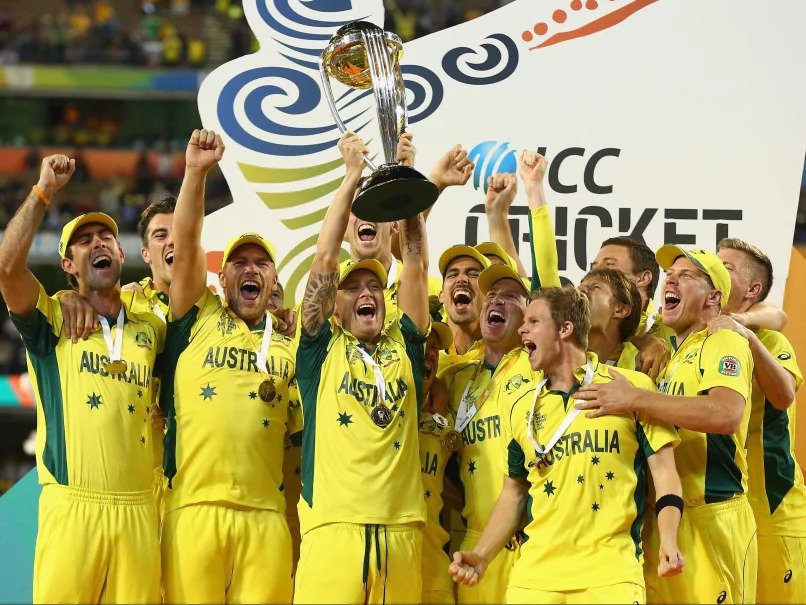
Significant Stats
The 14 venues that co-hosted the 2015 Cricket World Cup, which was divided between Australia and New Zealand, opened on February 14. There were two pools of seven teams each, containing fourteen teams total. The top four teams from each pool advanced to the quarterfinals. The Melbourne Cricket Ground hosted the day-night match between Australia and New Zealand in the final on March 29.
It was the inaugural World Cup Final for New Zealand. From 1975 until 2011, they had lost six times in the semi-finals. Australia participated in their eighth final overall, having won two (1975, 1996) and lost four (1987, 1999, 2003, and 2007).
In 2011, India defeated Sri Lanka in the championship match, and Bangladesh, the third co-host, was eliminated in the pool stages. This was the second time in a row that two co-hosts faced off in the final. Additionally, it was the first final without an Asian team since 1987.
In addition, Brad Haddin, Daniel Vettori of New Zealand, and Australian captain Michael Clarke—who declared his retirement ahead of the game—all had their final One Day International (ODI) together. Clarke’s retirement was revealed after the game.
Road to the final: New Zealand
After winning all six of their matches against Afghanistan, Bangladesh, England, Scotland, Australia, and Sri Lanka, New Zealand emerged victorious in Pool A. In the Wellington Regional Stadium quarterfinal, they triumphed over the West Indies by a margin of 143 runs. When New Zealand batted, Martin Guptil hit 237 individual runs, which is the second-best score in ODI matches and the highest score at any World Cup. Grant Elliott hit a six off the penultimate ball to win the match in the semi-final against South Africa at Auckland’s Eden Park by 4 wickets in a rain-affected encounter.
Also Read: New Zealand Clinches Historic Test World Championship
Road to the Final: Australia
Australia lost against New Zealand, had a match against Bangladesh postponed due to weather, and won the remaining four games to finish second in Pool A. They beat Pakistan by six wickets at the Adelaide Oval in their quarter-final match; Josh Hazlewood claimed four wickets to help limit Pakistan to 213 runs. They then defeated India, the reigning champions, by 95 runs in the semi-final at the Sydney Cricket Ground to advance to the final. Steven Smith, who scored 105 runs for Australia, was named man of the match.
Also Read: Australia’s Dominance in World Cup 2023
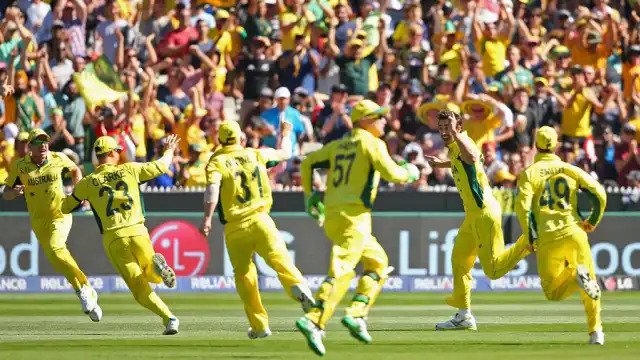
Final Showdown
Australia was a strong favorite to win the final. Former Australian cricket player Matthew Hayden predicted New Zealand would struggle with the larger field size at the Melbourne Cricket Ground (MCG), especially after playing all of their tournament games on the smaller New Zealand grounds. Australia had a strong record at home, winning 24 of their last 26 games. Australia also had a far better record at the World Cup, having won four times earlier.
Australia had won six of their previous seven games at the MCG, although they had lost their 2009 match against New Zealand. Former captain of Australia Ricky Ponting said that there was no vulnerability in the Australian team and that they were clear favorites.
Throughout the competition, New Zealand’s captain, Brendon McCullum, remained aggressive, and he predicted that the final match would be no different. According to Australia’s captain Michael Clarke, their team received the “kick up the backside” they needed after losing to New Zealand in the group stages.
How Australia Won Their 5th CWC Title
After winning the toss, New Zealand decided to bat. Mitchell Starc bowled Brendon McCullum on the fifth ball of the opening over. By the time Martin Guptill fell for the second wicket, New Zealand were struggling along at 38 for 2 from 12 overs. Josh Hazlewood bowled a maiden after Mitchell Johnson caught and bowled Kane Williamson for 12 runs in the next over. At the midway point, Ross Taylor was on 20 and Grant Elliott was on 39 for New Zealand, who were 93 for 3.
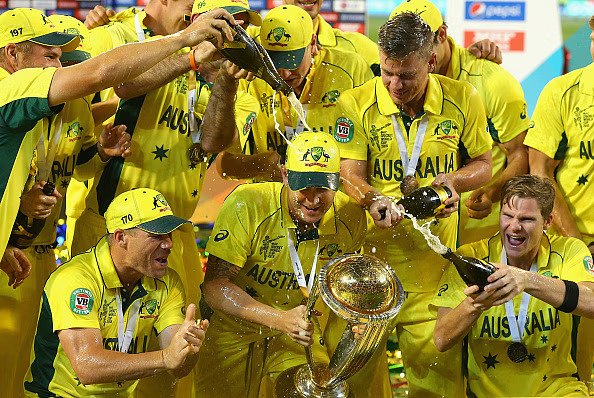
Taylor survived until the 36th over, when James Faulkner’s bowling caught him behind for 40 runs. After removing Corey Anderson for a duck in the first 36 overs, Faulkner stretched his wicket maiden.
New Zealand were at 150 for 5. Luke Ronchi was bowled by Starc, but Clarke caught him for a duck, and Daniel Vettori was removed for eight three overs later, leaving New Zealand at 167 for 7 from 41 overs. In the next over, Elliot was caught by Brad Haddin for 83 after falling to Faulkner, leaving Matt Henry and Tim Southee at the crease with zero. In the 45th over, Southee was run out and Henry was caught by Starc off Johnson. At 183 all out, New Zealand’s innings came to an end.
Trent Boult caught and dismissed Aaron Finch for a duck in the second over, making Australia’s start even more humiliating. Australia were 56 for 1 at the end of the tenth over, with Steve Smith at 13 and David Warner at 39. Australia was determined to finish the 20th over on 98 for 2, with Clarke on 21 and the reliable Smith on 25, despite Warner being removed for 45 in the 13th over after being caught by Elliott off Henry’s bowling.
Clarke was on 57 at the conclusion of the 30th over, while Smith was on 47. By the time Henry bowled Clarke for 74 in the third over, Australia only needed nine runs from 113 deliveries. Shane Watson entered the game to assist Smith, who won by seven wickets after hitting the game-winning four against Henry with the opening delivery of the 34th over.
The Australian captain Clarke dedicated the win to Phillip Hughes, who passed away in November of the previous year following a bouncer’s blow to his neck.

